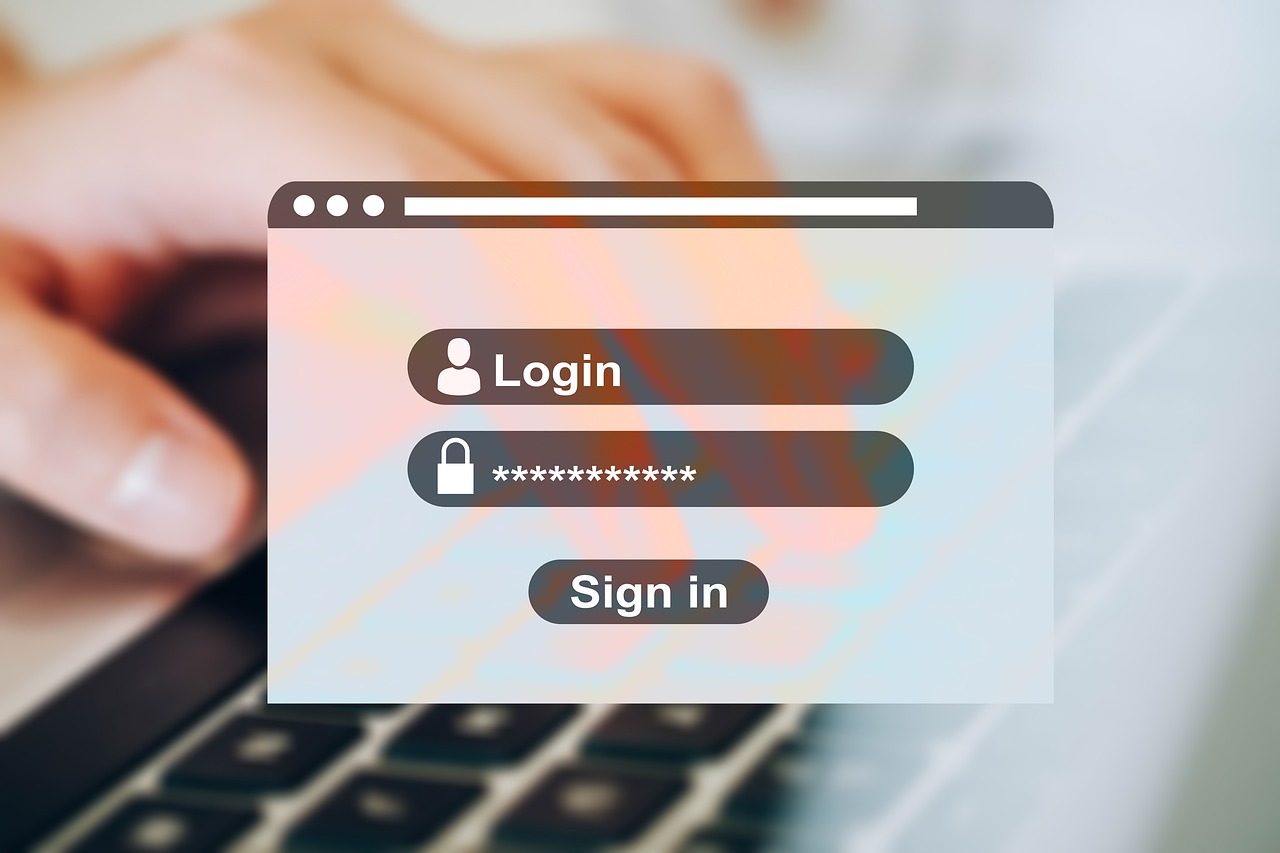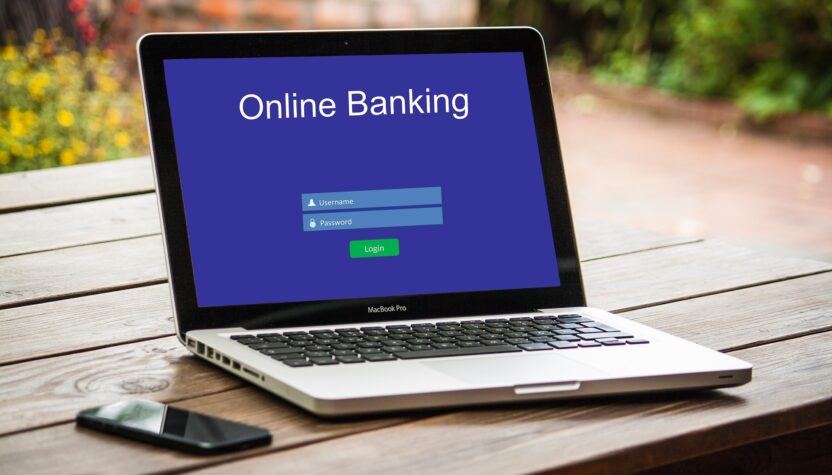With the convenience and accessibility of online banking, more and more people are opting for digital financial transactions. However, as with any technology-based service, there are risks and potential mistakes that users must be aware of and avoid. This article highlights common mistakes to avoid when banking online to ensure a safe and secure digital banking experience.
Weak Passwords and Lack of Multifactor Authentication
One of the most critical mistakes to avoid is using weak passwords or relying solely on a single password for all online accounts. Weak passwords can be easily cracked, leaving your banking information vulnerable to cybercriminals. Instead, create strong passwords with uppercase and lowercase letters, numbers, and special characters. Additionally, enable multifactor authentication for an extra layer of security, requiring an additional verification step before accessing your account.

Ignoring Software Updates and Security Patches
Many online banking platforms regularly release software updates and security patches to counter freshly discovered vulnerabilities. Ignoring these updates can leave your device exposed to potential threats. Always keep your computer, smartphone, or tablet’s operating system and banking apps up to date to ensure you use the latest security features.
Falling for Phishing Scams
Phishing scams remain a significant threat in the online banking world. Be cautious of emails, text messages, or phone calls that request personal details like login credentials or account details. To avoid phishing scams, always verify the authenticity of any communication by directly contacting your bank through official channels.
Using Public Wi-Fi for Banking Transactions
Performing online banking transactions while connected to public Wi-Fi networks can expose your data to hackers. Public Wi-Fi networks are often unsecured, making it easier for cybercriminals to intercept sensitive information; however, if you must access your bank account online while on the go, get a virtual private network (VPN) to encrypt your connection and safeguard your data.
Neglecting to Check Account Activity Regularly
Track your account activity is crucial for identifying unauthorized transactions or potential security breaches. Make it a habit to check your account balance and transaction history regularly. Promptly report any suspicious activity to your bank to prevent further damage and protect against fraud.

Saving Banking Credentials on Shared Devices
Saving your banking credentials on shared devices, such as public computers or those used by family members, can be risky. Anyone with access to the device could gain unauthorized access to your bank account. Avoid saving login information on shared devices and log out of your account after each session.
Conclusion
Online banking offers unmatched convenience but also requires vigilance and responsible behavior. By avoiding these common online banking mistakes, you can better protect yourself from cyber threats and ensure a secure and pleasant digital banking experience. Stay informed about the latest security practices and take advantage of your bank’s security features to safeguard your finances and personal information from potential risks.

